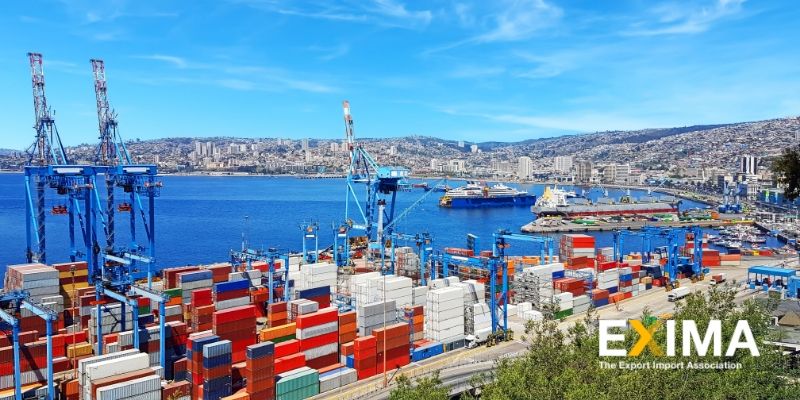On December 19th, 2021, Gabriel Boric was elected president of Chile. His election made global news for several reasons. First, being just 35, Boric will become Chile’s youngest ever president and the second youngest head of state in the world. Second, he heads a left-wing coalition, which includes the Communist Party of Chile, and he defeated a right-wing coalition. The question now is, what does this mean for global trade?
A Political Shift
President-elect Boric, set to be inaugurated on March 11th, was elected president with the highest number of votes in Chile’s history. The popular young politician rose to national prominence during the civil unrest of 2019 when he helped negotiate the agreement that led to a referendum to change the constitution. His victory ended the reign of an unpopular center-right coalition.
The fact that the run-off election pitted a left-wing politician against a right-wing one seems significant. People on both sides of the political spectrum have grown increasingly disenchanted with free trade agreements in recent years. Boric himself has repeatedly criticized the ideology of neoliberalism, a way of thinking that often favors free trade, though it is certainly not the only ideology to do so. Does this mean Chile will grow more protectionist under a Boric Administration?
EU Worries
The first significant test of Boric's ideas and ambitions appears to be a trade agreement with the European Union (EU). Chile, under President Sebastián Piñera, negotiated the deal with the EU. The deal covers many goods, including lithium and poultry. The deal will give the EU greater access to lithium, a key ingredient in modern batteries. It would also grant Chile an 18,000-ton tariff-free quota for chicken.

The deal is not unambiguously supported by the whole EU. French President Emmanuel Macron—himself facing a tough election this year—was nervous about the reaction of French farmers to the chicken imports. Given that Chile’s quota is equal to less than 0.2% of EU consumption of poultry, though, the deal is unlikely to be very disruptive.
Will the Deal Go Through?
While concern over the deal is understandable, with Boric unnerving investors with his opposition to certain mining projects, it seems very likely that this deal will go ahead as planned. In a meeting with diplomats before the election, Boric said he would respect the results of the EU negotiations if elected.
The deal has been described as a sustainable one, and environmental causes are important to Boric’s coalition. Furthermore, Chile looks set to expand their trade agreement with Brazil, a country headed by President Jair Bolsonaro, who could hardly differ more from Boric in his political views. Many things may change in Chile in the near future, but isolationism doesn’t appear to be in anybody’s plans.
Learn More with EXIMA News
Come check out the rest of our News Page today to learn more about current events!









